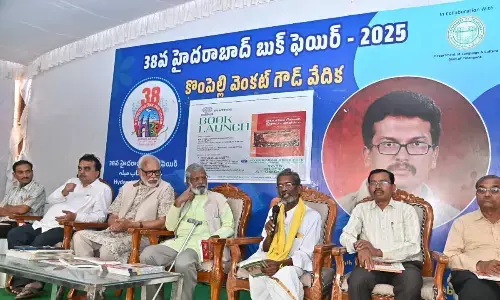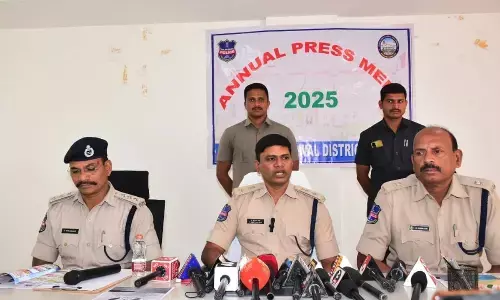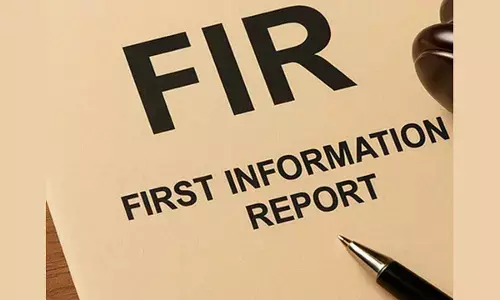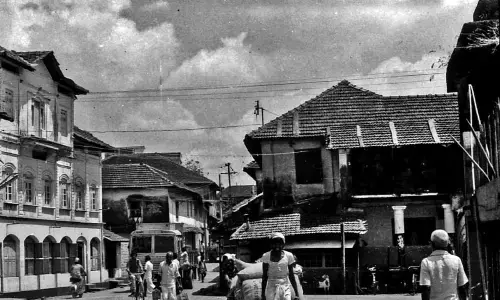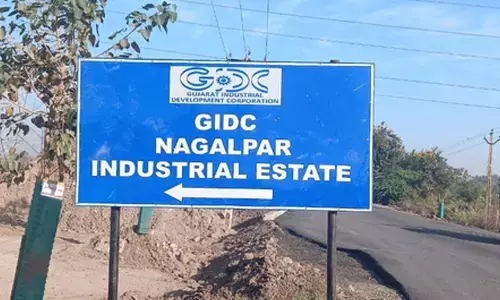Soil testing programmes organized in Bangaru Telangana
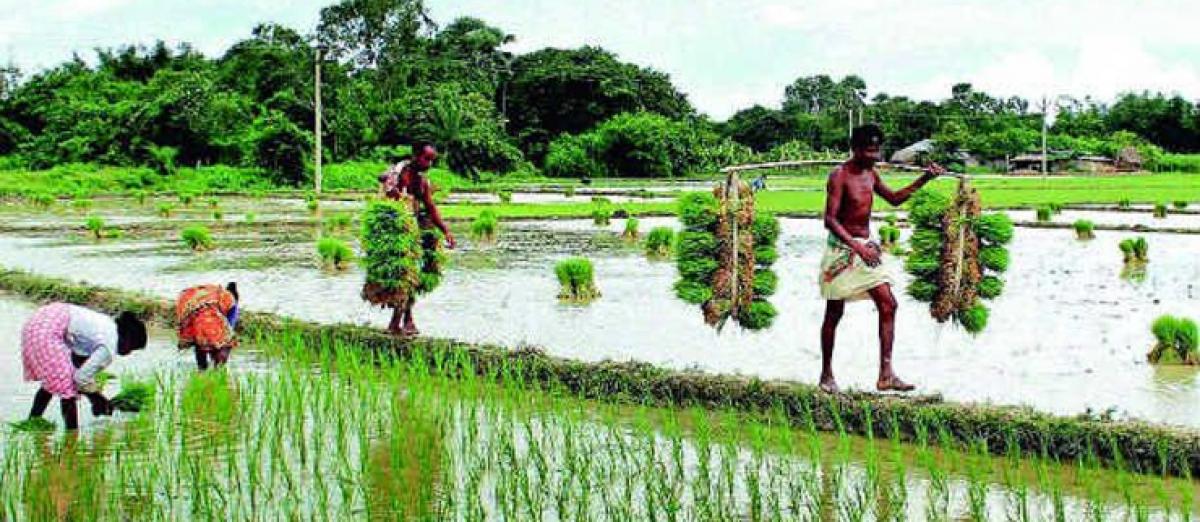
Soil Sampling and Soil testing programme is organized in a systematic manner to evaluate the fertility status and to identify the problems (salinity/ Sodicity) if any, to improve fertility and to apply fertilizer based on soil test data.

Soil Sampling and Soil testing programme is organized in a systematic manner to evaluate the fertility status and to identify the problems (salinity/ Sodicity) if any, to improve fertility and to apply fertilizer based on soil test data.
| S.NO | Type of Soil Testing | Nos | Facility |
| 1 | Regional Soil Testing labs | 1 | Macro & Micro nutrient & water analysis |
| 2. | District Soil Testing Lab | 11 | Macro & Micro nutrient & water analysis |
| 3 | Mobile labs | 1 | Macro nutrients |
| 4 | Agril. Market Committee level labs | 28 | Macro nutrients |
|
| Total | 41 |
|
Organizing Soil Testing Campaign:
The Department of Agriculture organized soil testing campaign from 1st to 10th April 2014. During campaign, the departmental staff will create awareness about the soil health and 10 samples per revenue village were collected.
Objectives of the programme:
• To create awareness among farmers regarding the importance of soil testing, judicious and integrated use of fertilizers based on soil test data.
• To improve soil health through green manuring.
• To promote use of amendments for reclamation of acidic/ alkaline soils.
• To promote use of micronutrients for improving soil health & productivity.
Distribution of Soil Health Cards:
Soil Health plays a vital role to ensure agricultural production in a sustainable manner. Intensive agriculture, while increasing food production, has caused not only major nutrients deficiencies but also caused secondary as well as micronutrient deficiencies. Timely correction action therefore necessitates balanced use of fertilizers based on soil test data.
The Department of Agriculture after analysis of the soil samples will distribute soil health cards to the farmers duly advocating the farmers to adopt soil test based fertilizer recommendations taking into consideration the farming situation and major crops grown in each village.
AGRICULTURE ACTION PLAN 2015 - 2016 18 As part of the AGRISNET portal, a software has been developed http://apagrisnet.gov.in to computerize the soil test results, so that soil health cards can be downloaded by farmers and also by MAOs at any time and from any place to avoid the delay in issuing of soil health card.
Strengthening & Setting up of Soil Testing Labs:- Objectives :
• To evaluate the fertility status
• To identify and reclaim the problematic soils
• To promote soil test based fertilizer usage.
• To adopt balanced and integrated use of fertilizers and thereby reducing cost of cultivation.
• To improve soil health. Benefits of the programme:
• Judicious use of fertilizers based on Soil test results.
• Reduction in indiscriminate use of fertilizers results in reduced soil ill effects.
• Reduction in cost on fertilizers decreases the total cost of cultivation there by improves the profit margin to farmers.
Guidelines for implementation of Strengthening & Setting up of Soil Testing Labs:
• Soil & water are the greatest natural resources gifted to mankind. Our country basically depends upon agriculture, thus it becomes more so important to study, analyze and effectively manage soil and water. Soil being the basic media for the plants to stand and grow and water becomes the lifeline to the plants. In view of this a greater importance has been attached for management of soil and water by way of analysis, there by contributing increased productivity in modern agriculture.
• The main objectives are to estimate the available nutrient status, reaction of the soil, to determine accurate dose of nutrient to be applied for a particular soil, determining the presence or absence of abnormal soil conditions such as salinity, alkalinity or acidity, determine their magnitude and suggest ameliorants for reclamation.
• It is proposed to establish 2 new soil testing labs in each of the 7 districts and one new soil testing lab in Mahabubnagar & Nizamabad districts totaling to 16 new STLs with a financial outlay of Rs 870.00 lakhs @ Rs 534.38 lakhs per lab and also to establish 2 new Mobile Soil testing labs in Mahabubnagar & Nalgonda districts with a financial outlay of Rs 118.00 lakhs @ Rs 59.00 lakhs per lab.
• It is proposed to strengthen the existing 11 district soil testing labs in the State with a financial outlay of Rs 132.00 lakhs @ 12.00 lakhs per lab & also to strengthen the existing Mobile Soil testing lab in the State with a financial outlay of Rs 12.00 lakhs. Subsidy pattern: 100% State Government Budget Source: AGRICULTURE ACTION PLAN 2015 - 2016 19 “Development of Crop Colonies & Soil Water Analysis” under “Normal State Plan”. Soil Resource Mapping: The main objectives of the scheme are:
• To characterize and map the soil resources of all the villages in different mandals of Telangana State at 1:10000 scale. • To suggest optimal land use plan at village level for intensification of agriculture and rejuvenation of fallow lands.
• To develop Village level Land Resource Information System (LRIS) in GIS environment. Benefits of the programme:
• Village wise soil and thematic maps, duly super imposed with survey number boundaries.
• Suggested land use and land treatment maps.
• Soil survey report of each mandal along with physico-chemical and soil profile characteristics.
• The entire information shall be uploaded in a web based geoportal for access to all the functionaries and the farming community. Guidelines for implementation of Land Resource Inventory of Telangana:
• Department of Agriculture & National Bureau of Soil Survey & Land Use Planning (NBSS & LUP), Nagpur have entered into MoU for the project on Land Resource Inventory of Telangana State.
• A pilot project is taken up in 3 mandals viz. Gajwel (Medak Dist.), Thimmajipet (Mahabubnagar Dist.) &Indervelly (Adilabad Dist.) during 2014-15 and later on in the entire State in a phased manner over a period of 4 years. (April 15- April 2019).
• Out of the total geographical area of 114.8 lakh ha, the LRI project would cover 75.8 lakh ha by excluding the area under forest and non-agricultural lands.
• Different GOI Organizations like NRSC, CRIDA, SLUSI and State organizations like Dept. of Agriculture, PJTSAU and State Remote Sensing Centre will be the primary organizations coordinating the project.
• A regular mechanism of Project Monitoring and Evaluation shall be in force through half yearly review meetings involving members of all the coordinating organizations to look at the progress and the issues related with the project. Subsidy pattern: 100% State Government Budget Source: “Development of Crop Colonies & Soil Water Analysis” under “Normal State Plan”. Action Plan for the year 2015-16 (Soil Resource Mapping )is as follows: It is proposed to undertake soil sampling, analysis and mapping in 110 mandals of Telangana State during 2015-16 and hence the estimated amount is Rs 448.00 lakhs.
By G.Rajendera Kumar








